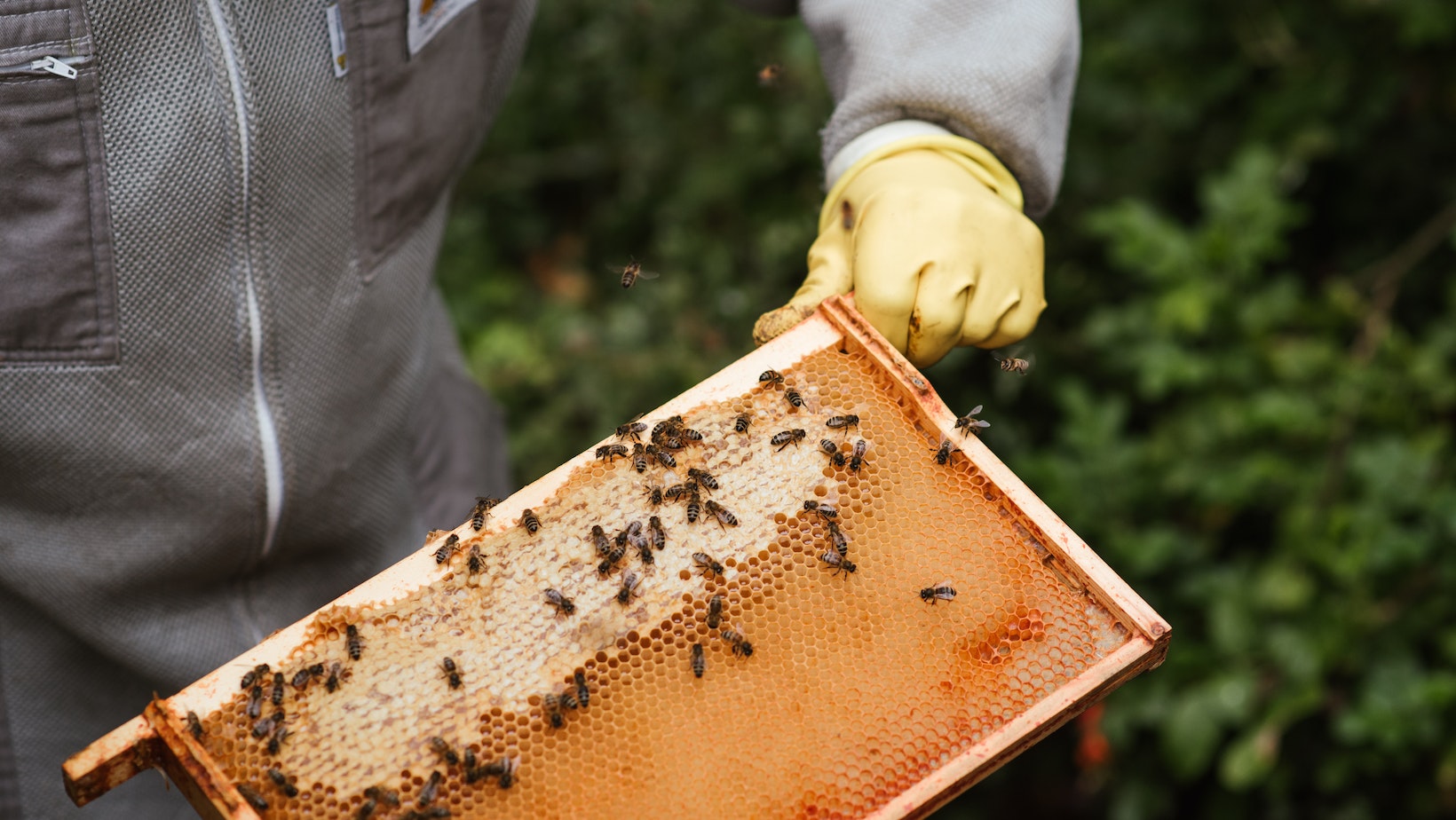
Wondering if honey is okay for the keto diet? Well, let me shed some light on this sweet dilemma. The keto diet is a low-carb, high-fat eating plan that aims to put your body in a state of ketosis. Since honey is primarily composed of carbohydrates, it’s natural to question whether it fits within the keto guidelines.
Is Honey OK for Keto
In short, honey is not typically recommended for those following the keto diet. A single tablespoon of honey contains about 17 grams of net carbs, which can quickly derail your efforts to reach and maintain ketosis. As the primary goal of the keto diet is to keep carb intake extremely low, indulging in honey may hinder your progress.
However, context matters! If you’re someone who follows a more flexible approach to keto or consumes small amounts of honey occasionally while staying within your daily carb limit, then incorporating moderate portions might be feasible. Just remember to account for these carbs in your overall daily intake and monitor how they affect your ketosis levels.
Ultimately, when it comes to including honey in a keto diet, it’s important to consider individual goals and preferences. While it’s generally advised to avoid or limit honey due to its high carbohydrate content, there may be room for customization depending on personal circumstances and dietary flexibility. Always consult with a healthcare professional or registered dietitian before making any significant changes to your eating plan.
The Role of Carbohydrates in the Keto Diet
When it comes to the keto diet, one of its fundamental principles revolves around minimizing carbohydrate intake. By restricting carbs, your body is forced to enter a state called ketosis, where it primarily relies on fat for energy instead of carbohydrates. This metabolic state has gained popularity due to its potential benefits for weight loss and improved overall health.
To achieve and maintain ketosis, individuals following the keto diet typically limit their daily carb intake to around 20-50 grams per day. This means cutting out high-carb foods like grains, starchy vegetables, and most fruits. Instead, they focus on consuming moderate amounts of protein and increasing their fat intake significantly.
Understanding the Ketogenic State
Ketosis occurs when your body starts producing molecules called ketones from stored fats in the absence of sufficient glucose (derived from carbohydrates). These ketones serve as an alternative fuel source for your brain and muscles. As a result, your body shifts from relying on glucose as its primary energy source to burning fat for fuel.
Many people find that being in a ketogenic state helps them achieve weight loss goals because it can lead to reduced hunger levels and increased satiety. Moreover, some studies suggest that following a keto diet may provide additional benefits such as improved insulin sensitivity and better blood sugar control.
Impact of Honey on Ketosis
Now let’s address the question: Is honey okay for keto? Unfortunately, honey is not considered compatible with the strict guidelines of a standard ketogenic diet due to its high sugar content. Honey is primarily composed of fructose and glucose – two types of sugars that rapidly elevate blood sugar levels when consumed.
Consuming even small amounts of honey can potentially kick you out of ketosis by triggering an insulin response and causing your body to switch back to using glucose as its main fuel source instead of fat. It’s important to remember that maintaining ketosis requires keeping your carbohydrate intake low, and honey is relatively high in carbs.
While honey does offer certain health benefits such as antioxidant properties and potential antimicrobial effects, it’s best to avoid it on a strict keto diet. However, if you follow a more flexible approach like a targeted or cyclical ketogenic diet, where you have designated periods of carb consumption, incorporating small amounts of honey during those periods might be an option.

